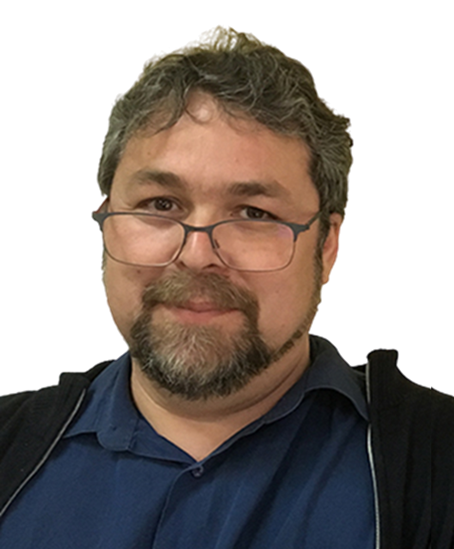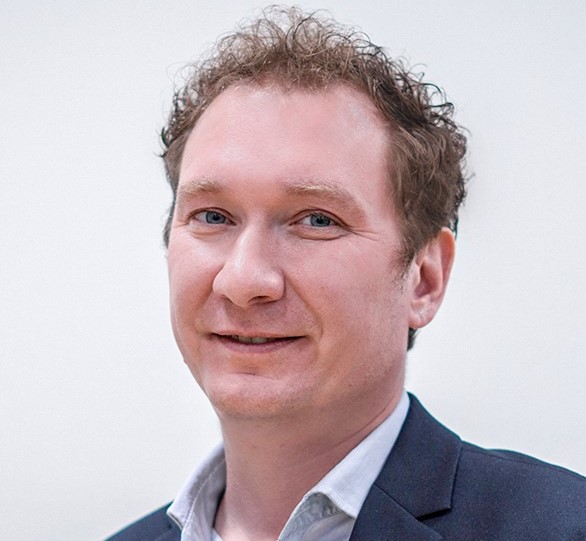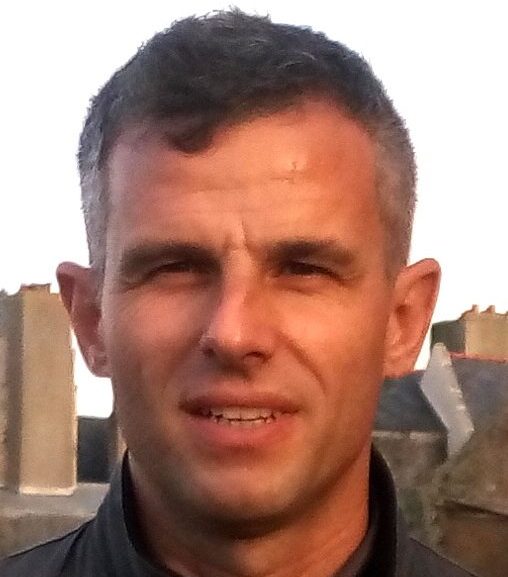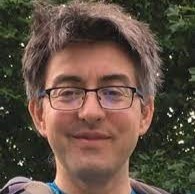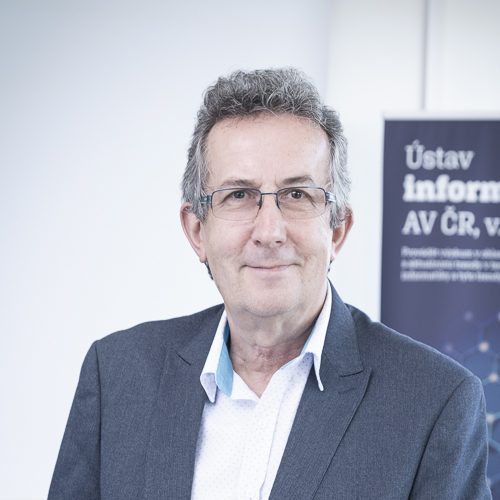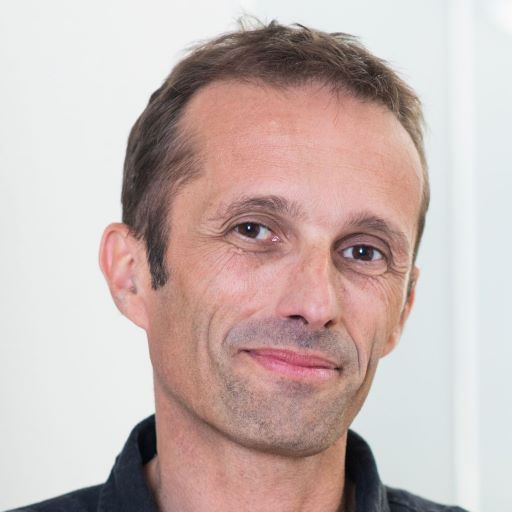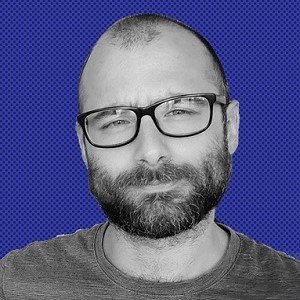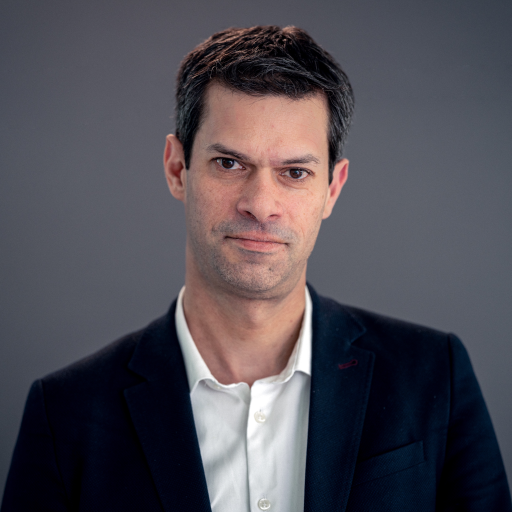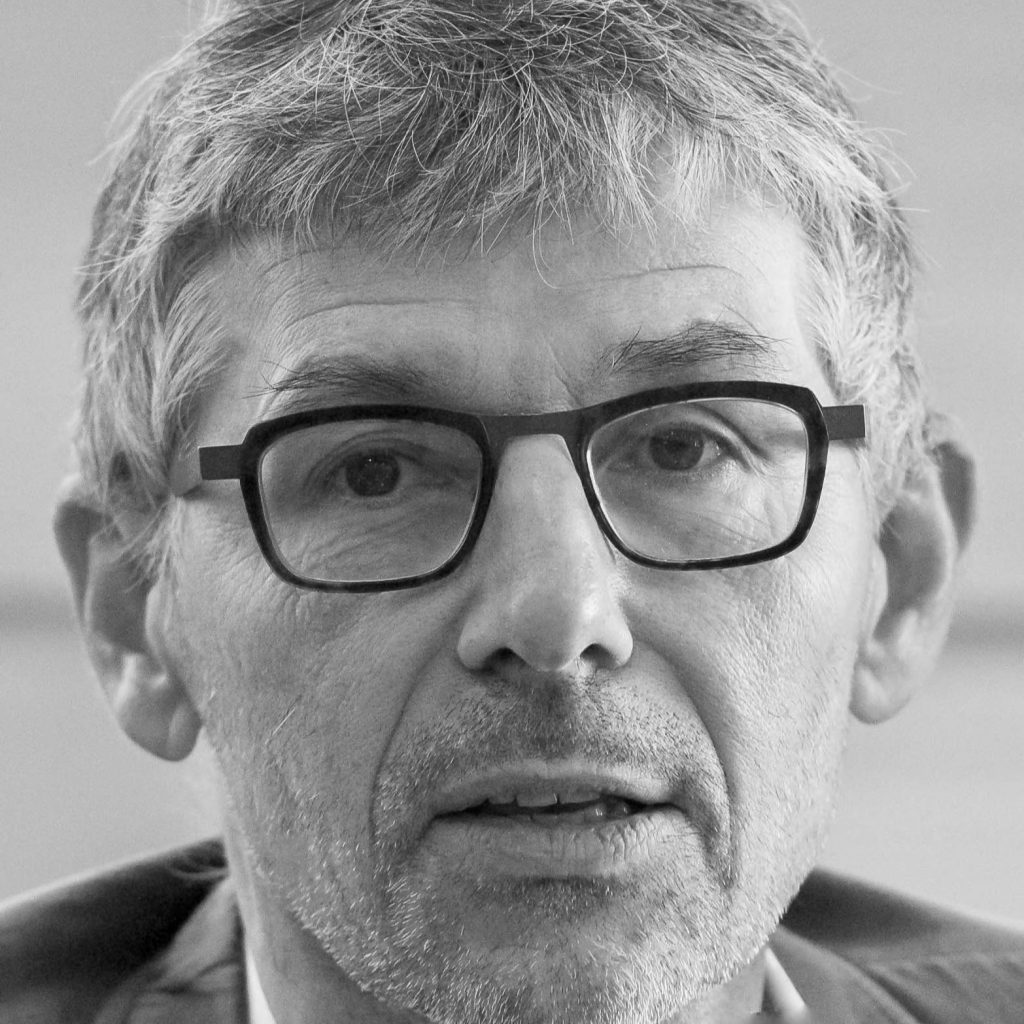
Czech-French AI
Workshop on Artificial Intelligence
12 September 2022 | Ministry of Foreign Affairs
13 September 2022 | CIIRC CTU
Watch the event online here | Ask questions via Sli.Do: #CZFRAI
communication partners




About the Workshop
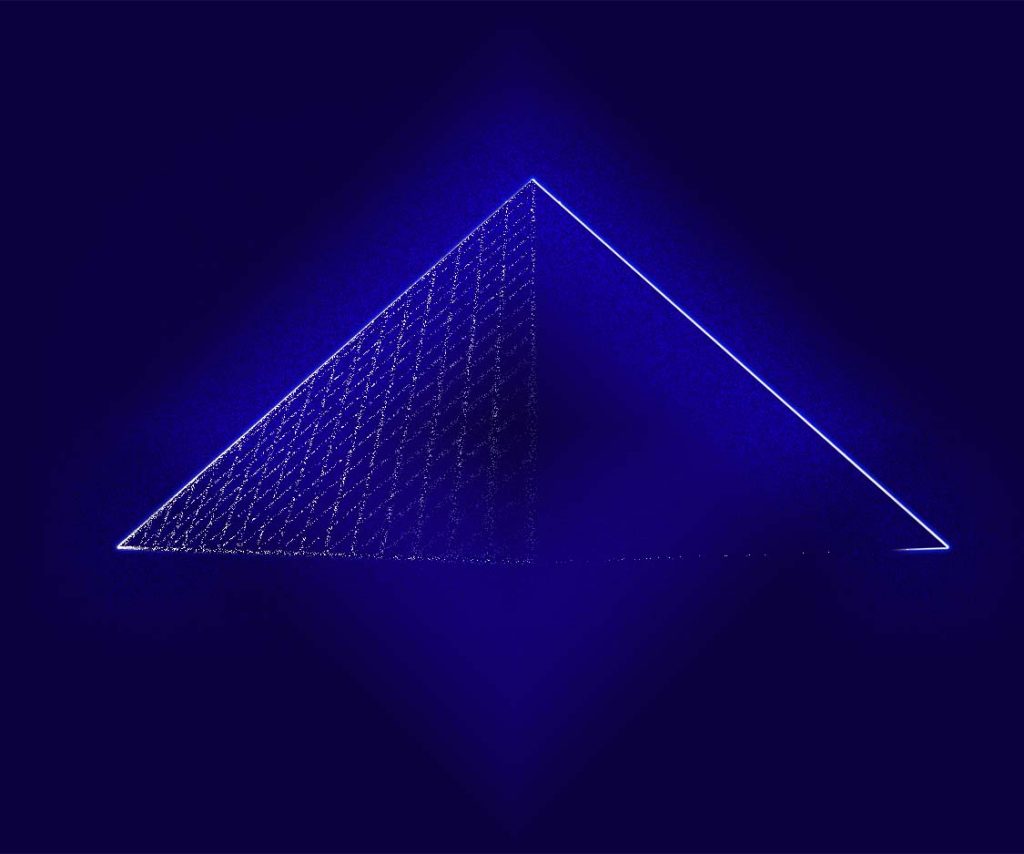
The Czech-French AI Workshop is jointly organised by the Czech Ministry of Foreign Affairs, the French Embassy in Prague, the Czech Institute of Informatics, Robotics and Cybernetics CTU in Prague, and Inria, with the support of other partners and synergic networks.
The aim is to bring together leading experts from various AI fields, entrepreneurs and decision-makers. The event should be a platform for connecting the key stakeholders active in the development and application of digital technologies and AI. The workshop will include a high-level session with key stakeholders and a session on impact and industry.
The workshop is in-person or online upon registration – please register and join the discussions.

AI is a potentially transformational technology that has broad social, economic, national security, and geopolitical implications. Therefore, AI applications could have wide-ranging economic impacts across many sectors including manufacturing, transportation, health, education, energy and climate.
EU countries need to catch up with the global leaders and expand their AI capacities in order to benefit from new digital technologies while preserving our basic values and interests such as individual integrity, human security, and economic prosperity.

France and the Czech Republic are ready to identify possible bilateral projects and support research exchanges and mobility that would add value to existing collaborations as in the EU-wide frameworks and those under consideration. They are determined to support each other in exploring the benefits of cross-border partnerships in research and AI technologies to be applied in the private sector.
Both countries are aware that the utilisation of AI is one of key challenges that would determine the future prosperity and geopolitical standing of the EU. The Czech-French collaboration should be open to partners and help build a resilient Europe, able to benefit from excellent and trustworthy AI.
Venue
Day 1
12 September 2022
The high-level session will be held at the CzerninPalace (the seat of the Czech Ministry of Foreign Affairs).
How to get there
If you go by public transport, we recommend to get off at the tram/bus station Pohořelec. To enter the building, please use the ceremonial entrance that will be opened for this special occassion. You will be asked to register there for security reasons. The lectures take place in the large conference room on the first floor. The navigation and members of our team will guide you there.
Day 2
13 September 2022
The research sessions will continue on the second day at the premises of CIIRC CTU.
How to get there
If you go by public transport, we recommend to get off at the metro station “Dejvická” (Line A) or tram stations “Lotyššká” or “Vítězné náměstí”. To enter the building, please use the second entrance – the CIIRC CTU Building B1 – next to the first entrance to the Building A1. The lectures take place in the “Red Room” up the glass stairs. The navigation and members of our team will guide you there.
Online
Ask your questions on Sli.do: #CZFRAI

Program
The high-level segment of the event will be held on the first day and will be hosted by the Ministry of Foreign in the Czernin Palace.
The second day will be focused on specific scientific topics and will take place at the premises of the Czech Institute of Informatics, Robotics and Cybernetics Czech Technical University in Prague.
The scientific program is organized in five sessions each one being co-chaired by a Czech and a French researcher.
- Ethics and social impact
- NLP and Foundational models
- Mathematics & optimization for AI
- Robotics and embedded AI
- Computer vision and trustworthy systems
12 September 2022 | Czernin Palace
- 8:00 – 9:00
Registration & Coffee - 9:00 – 9:30
Welcome & Opening Remarks 🎦
Moderator: Véronique Debord-Lazaro and Petr Kaiser- Jan Lipavský, Minister of Foreign Affairs of the Czech Republic
- Alexis Dutertre, Ambassador of France
- Jana Havlíková, Deputy Minister of Science, Research and Innovation of the Czech Republic
- Claire Giry, Director General for Research and Innovation, French Ministry of Higher Education, Research and Innovation
- 09.30 – 11.00
Keynotes and Panel Discussion: National AI Strategies & Priorities
Moderator: Petr Kaiser- Fabien Le Voyer, Deputy to the French National Coordinator on AI
3 top Priorities of the French AI Strategy: Increase and Diversify Talents, Embedded & Frugal AI, Trustworthy AI 🎦 - Petr Očko, Deputy Minister, Czech Ministry of Industry and Trade
Czech Innovation & AI Strategies 🎦 - Isabelle Ryl, Director, PRAIRIE
PRAIRIE, a French Interdisciplinary Artificial Intelligence Institute 🎦 - Josef Šivic, CIIRC CTU and AI Czechia
Czech AI Research, Impact and the European Perspective 🎦 - Cécile Huet, Head of unit Robotics and Artificial Intelligence Innovation and Excellence, DG CONNECT, European Commission (online)
Strengthening the European AI Ecosystem of Excellence 🎦
- Fabien Le Voyer, Deputy to the French National Coordinator on AI
- 11:00 – 11:30
Coffee Break - 11:30 – 13:00
Panel Session on AI impact 🎦
CZ-FR AI Projects | Collaborations | Challenges
Moderator: Vladimír Mařík- Patrick Pérez, Valeo.ai
- Françoise Soulié-Fogelman, Hub France IA (online)
- Christophe Leroux, CEA
- Lukáš Kačena, prg.ai
- Vít Dočkal, INDRC
- Alžběta Solarczyk Krausová, Institute of State & Law of the CAS
- 13:00 – 14:00
Lunch - 14:00 – 15:30
Ethics and Social Impact
Chairs: Céline Castets-Renard and Emil Pelikán- Tomáš Hříbek, Institute of Philosophy of the CAS and CERGE
The Political Status of Artificial Intelligence 🎦 - Céline Castets-Renard, University of Ottawa, Faculty of Law
From Ethic to AI Law: What are the Main Provision of the AI Act Regarding Social Issues? 🎦 - Monika Mareková, Charles University, Faculty of Law
Artificial Intelligence and Bias 🎦 - Alžběta Solarczyk Krausová, Institute of State & Law of the CAS
Social and Legal Aspects of AI-Based Personalization 🎦
- Tomáš Hříbek, Institute of Philosophy of the CAS and CERGE
- 15:30 – 16:00
Coffee break - 16:00 – 17:30
NLP and Foundational models
Chair: Jan Hajičand François Yvon- François Yvon, LISN/CNRS
How Multilingual are Large Multilingual Language Models? 🎦 - Jan Hajič, Faculty of Mathematics and Physics, Charles University
Towards Natural Language Understanding 🎦 - Benoit Sagot, Inria
Large-scale Language Models and Their Training Corpora 🎦 - Jan Černocký, Faculty of Information Technology, BUT
We aren’t done with Speech Recognition! 🎦
- François Yvon, LISN/CNRS
- 19:00
Reception at the French Embassy (upon invitation)
13 September 2022 | CIIRC CTU
- 8:15 – 9:00
Registration & Coffee - 9:00 – 10:30
Mathematics and Optimization for AI
Chairs: Didier Henrion and Jakub Mareček- Jérôme Bolte, Toulouse School of Economics
A Glance at Nonsmooth Automatic Differentiation 🎦 - Alessandro Rudi, Inria
Representing Non-negative Functions, with Applications to Non-convex Optimization and Beyond 🎦 - Jan Křetínský, Technical University of Munich
AI and Verification 🎦 - Thibault Gauthier, CIIRC CTU
Towards a Fully Automated Proof Assistant 🎦
- Jérôme Bolte, Toulouse School of Economics
- 10:30 – 11:00
Coffee break - 11:00 – 12:30
Robotics and embedded AI
Chairs: Nicolas Mansard- Nicolas Mansard, LAAS-CNRS
Learning and Optimizing Dynamic Robot Movements with Whole-body Predictive Control and a Memory of Motion 🎦
- Karla Štěpánová, CIIRC CTU
Verbal and Non-verbal Communication with Robots to Teach Them New Skills 🎦 - Christian Wolf, NAVER LABS
Learning Representations for Visual Navigation in 3D Environments 🎦 - Tomáš Svoboda, FEI CTU
Robots go Deep – Multi-robot Missions in Unknown Undergrounds 🎦
- Nicolas Mansard, LAAS-CNRS
- 12:30 – 13:30
Lunch - 13:30 – 15:00
Computer Vision and Trustworthy Systems
Chairs: Patrick Pérez and Josef Šivic- Cordelia Schmid, Inria
Do you See What I See? Large-scale Learning from Multimodal Videos - Jakub Mareček, FEI CTU
Human-Compatible Artificial Intelligence with Guarantees 🎦 - Patrick Pérez, Valeo.ai
Safer Driving AI with Limited Supervision 🎦 - Josef Šivic, CIIRC CTU and AI Czechia
Learning Embodied Perception from Instructional Videos 🎦
- Cordelia Schmid, Inria
- 15:00-15:30
Coffee Break - 15:30 – 16:00
Wrap-up & Closing Session
Instruments to Support Czech-French AI Cooperation, Assessing What We Have Seen in the Workshop, Vision of the Future 🎦- Véronique Debord-Lazaro, French Embassy in the Czech Republic
- Petr Kaiser, Ministry of Foreign Affairs of the Czech Republic
- Vladimír Mařík, CIIRC CTU
- Josef Šivic, CIIRC CTU and AI Czechia
- Isabelle Herlin, Coordinator of the National Research Program on AI, Inria
- 16:00 – 17:00
Guided Tour around Key AI Research Facilities I.
CIIRC CTU: Testbed for Industry 4.0 | RICAIP Centre
Read more and register HERE>>
capacity limited | for onsite participants only
Register
Dear participants, the registrations have been closed. If you would like to be a part of the workshop, please join us online.
Speakers
- Jérôme Bolte
- Céline Castets-Renard
- Jan Černocký
- David Černý
- Vít Dočkal
- Alexis Dutertre
- Thibault Gauthier
- Claire Giry
- Jan Hajič
- Didier Henrion
- Cécile Huet
- Lukáš Kačena
- Alžběta Krausová
- Jan Křetínský
- Jana Havlíková
- Christophe Leroux
- Jan Lipavský
- Nicolas Mansard
- Jakub Mareček
- Monika Mareková
- Petr Očko
- Emil Pelikán
- Patrick Pérez
- Alessandro Rudi
- Benoît Sagot
- Tomáš Hříbek
- Cordelia Schmid
- Françoise Soulié-Fogelman
- Tomáš Svoboda
- Fabien Le Voyer
- Jiří Wiedermann
- Christian Wolf
- François Yvon
- Karla Štěpánová
- Isabelle Ryl
- Isabelle Herlin
- Josef Šivic
Bio & Research Focus
J. Bolte graduated in Montpellier in 2003 and was recruited at Université Pierre et Marie Curie, Paris, in 2004. He now holds an AI chair within the Toulouse institute ANITI and is affiliated with the University of Toulouse Capitole. He is a specialist in optimization, algorithms, and machine learning. He was awarded the SIAM Optimization prize 2017 for his collaborative work on first-order algorithms in nonconvex optimization.
Title & Abstract:
A Glance at Nonsmooth Automatic differentiation
I will recall the fundamental role of nonsmooth automatic differentiation as the core learning mechanism in modern AI. I will then show how a recent theory we developed — «Conservative gradients» — helps to understand fundamental phenomena, such as the convergence of learning phases in deep learning, the optimization of learning parameters, the nonsmooth cheap gradient principle, or the differentiation of algorithms (solvers).
Bio & Research Focus
Full-time Professor of Law at the Toulouse Capitole University and Junior Member of the IUF since 2015. She is a director assistant of the IRDEIC, Jean Monnet Center of Excellence. She is a member of the Toulouse Capitole University Board since 2016 and of the Faculty of Law and Political Sciences Council since 2014. She is a member of the Scientific Committee of the Chaire L.R. Wilson. She is also a member collaborator of the Group “Law, Change and Governance”, which associates the Universities of Montreal, Mc Gill and Laval. She has created a Master’s degree in right of Digital Law at the University Toulouse Capitol which she manages. Her research project led within the framework of the IUF is on “Normative regulation of the digital world”.
Title & Abstract
From Ethic to AI Law: what are the main provisions of the AI Act regarding social issues?
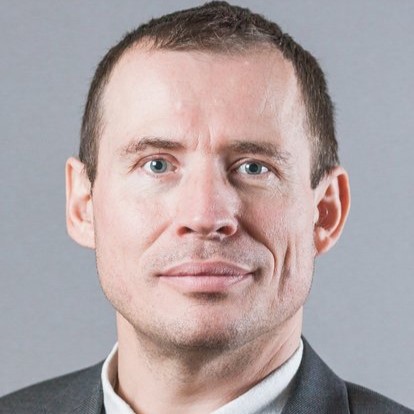
Jan Černocký
Faculty of Information Technology, Brno University of Technology
Head of Dept. of Computer Graphics and Multimedia
Bio & Research Focus
Jan Černocký is an academic researcher and Associate Professor at FIT BUT. He founded the BUT Speech@FIT research group in 1997 and serves as its executive director. He graduated from BUT (Ing.) and from Université Paris Sud (PhD) and was with ESIEE Paris, France and OGI Portland, Oregon, USA. His research interests include artificial intelligence, signal processing and speech data mining (speech, speaker and language recognition). He is a Senior Member of IEEE and a member of the International Speech Communication Association (ISCA). He co-founded Phonexia, which is currently one of the world’s most important players in production speech technologies.
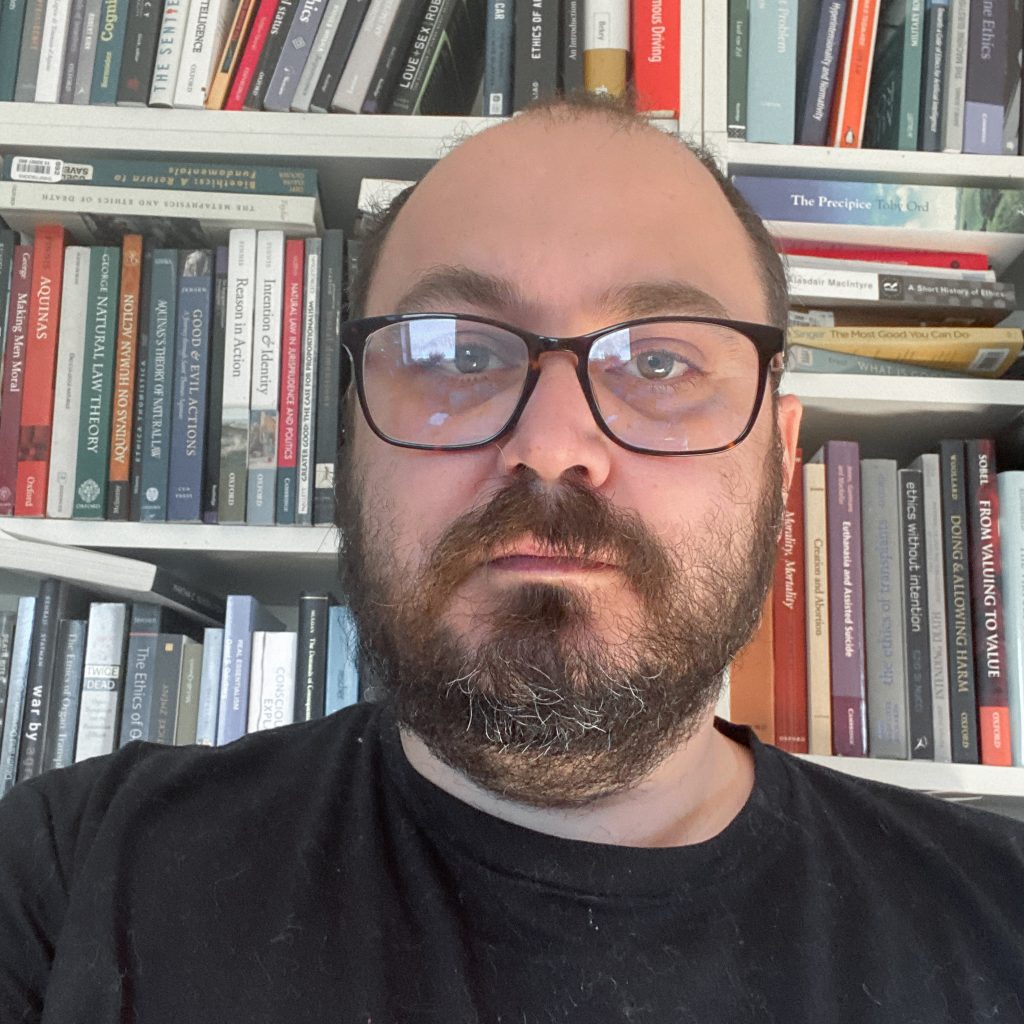
David Černý
Institute of State and Law of the Czech Academy of Sciences
Bio & Research Focus
David Černý received his Ph.D. in Bioethics from Charles University in Prague. He is now a Research Fellow at the Institute of State and Law of the Czech Academy of Sciences and at the Institute of Computer Science of the Czech Academy of Sciences.
His primary focus is on moral philosophy and personal ontology, particularly on the philosophical and ethical implications of artificial intelligence and robotics. He is the author or co-author of five monographs in the Czech language on the ethics of abortion, animal rights, stem cell research, the principle of double effect, and the ethics of death and dying. His recent publications include The Principle of Double Effect. A History and Philosophical Defence (New York: Routledge, 2020) and Autonomous Vehicle Ethics: Beyond the Trolley Problem (New York: Oxford University Press, forthcoming; co-editor).
Title & Abstract
Why machine consciousness needs ethics
(in partnership with Jiří Wiedermann)
Current research into AI aligned with human rights and values focuses on the notion of trustworthy AI (T-AI). Alas, considerably less attention has been paid to machine consciousness, which we consider an essential component of the concept of T-AI. It requires that T-AI be fully aware of both the states of its parts and the surrounding environment. We present the main results of our research on machine consciousness with its ethical presuppositions and implications and show that endowing AI-based systems with machine consciousness demonstrably leads to more trustworthy and safer AI. We believe that machine consciousness represents a crucial step toward achieving the goal of developing human-centered AI.
Bio & Research Focus
Vít Dočkal graduated in 2006 from the Faculty of Social Studies, Masaryk University with two doctoral degrees from the Department of Political Science, and International Relations and European Studies.
In the years 2009-13 he had been leading the ICRC Project Management Office at St. Anne’s University Hospital in Brno – a large R&D infrastructure funded by € 180M from the European Structural and Investment Funds (ESIF) and the state funds. Since 2013 he works as the professional project manager at CIIRC CTU. As the head of the Project Management Office (2013-21), he was responsible for the strategic project management agenda of € 100M+.
Vít Dočkal is closely involved in CLAIRE’s engagement with industry and in supporting the AI ecosystem in Central and Eastern Europe. He is also co-founder of the start-up company TRIX Connections. Together with Martin Tolar, he stands behind the idea of INDRC Centre which he is currently leading as its director.
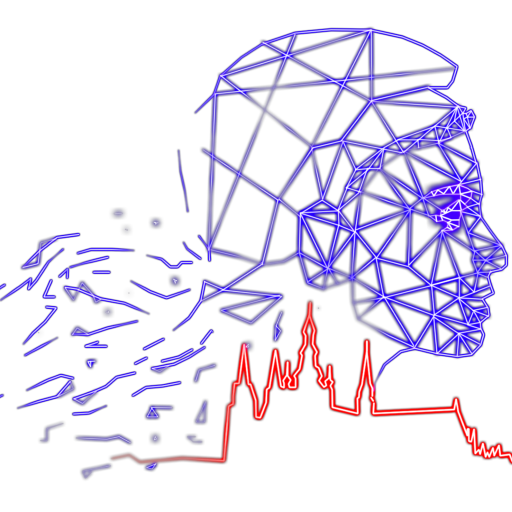
Alexis Dutertre
Ambassador of France to the Czech Republic
Embassy of France
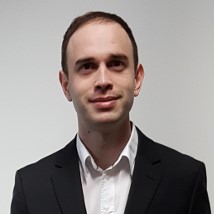
Thibault Gauthier
Czech Technical University, CIIRC
Bio & Research Focus
After defending my PhD at the University of Innsbruck on the subject of “Learning-Assisted Reasoning within Proof Assistants” in 2018, I became a postdoctoral researcher working at Czech Technical University in Prague. I am the main developer of the tactic-based theorem prover TacticToe and the conjecture-making system QSynt.
Title & Abstract
Towards a Fully Automated Proof Assistant
A proof assistant is an interactive program that helps a user prove a conjecture from a trusted logical kernel. Proof assistants have successfully been used to verify proofs of famous theorems such as the Kepler conjecture or the 4-colour theorem. However, for this verification to work, many intermediate proof steps have to be given to the proof assistant. If the gap between reasoning steps is too large the proof assistant will fail to check the proof and ask the user for more intermediate steps. In this talk, we present proof automation techniques currently being developed to bridge larger and larger reasoning gaps.
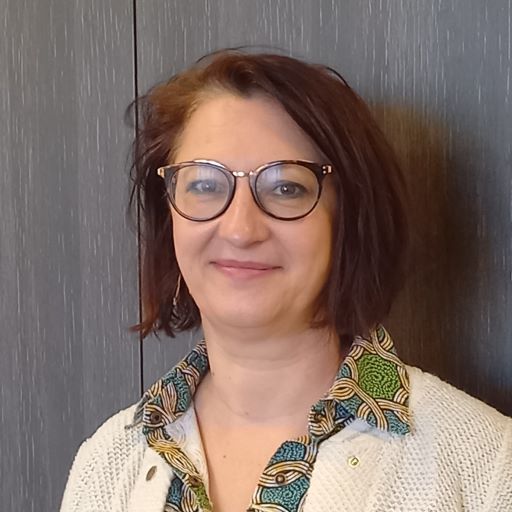
Claire Giry
French Ministry of Higher Education and Research
Director General for Research and Innovation
Bio & Research Focus
Claire Giry has been appointed Director General of Research and Innovation at the Ministry of Higher Education, Research and Innovation in June 2021.
A doctor in molecular and cellular biology, trained at the Ecole Normale Supérieure in Lyon, Claire Giry was responsible for developing national, European and international partnerships at the French Alternative Energies and Atomic Energy Commission (CEA) and the French National Institute for Health and Medical Research (Inserm).
She was also a technical advisor to the Prime Minister for higher education and research between 2007 and 2009. She then became head of the joint department of the General Directorate for Higher Education and Professional Integration (Dgesip) and the General Directorate for Research and Innovation (DGRI) of the Ministry of Higher Education and Research. She was in charge of territorial issues and the implementation of the first Programme d’investissements d’avenir (PIA).
Claire Giry then directed the “Centers of Excellence” program of the French General Commission for Investment, before joining Inserm in 2012 where she held various positions before being appointed Vice-CEO.

Jan Hajič
Charles University
Bio & Research Focus
Jan Hajič is a full professor of Computational Linguistics at the Institute of Formal and Applied Linguistics at the School of Computer Science, Charles University in Prague, where he has also received his PhD in 1995. He served as the head and deputy head of the Institute since 2001. His interests cover morphology and part-of-speech tagging of inflective languages, machine translation, deep language understanding, and the application of statistical methods in natural language processing in general. He has extensive experience in building language resources for multiple languages with rich linguistic annotation and is currently the director of LINDAT/CLARIAH-CZ. His work experience includes both industrial research (IBM Research Yorktown Heights, NY, USA, 1991-93) and academia (Charles University in Prague, Czech Republic and Johns Hopkins University, Baltimore, MD, USA, 1999-2000, adjunct position at University of Colorado, USA, 2017-22). He has published more than 200 conference and journal papers, a book on computational morphology, and several other book chapters, encyclopedia and handbook entries. He regularly teaches basic and advanced courses on Statistical NLP and has multiple experiences giving tutorials and lectures at various international training schools. He has been the PI or Co-PI of numerous international as well as large national grants and projects (including EU Framework Programme projects, such as H2020 and HE, and the NSF ITR program in the U.S.). He is the chair of the Executive Board of META-NET, a European research network in Language Technology.
Title & Abstract
Towards Natural Language Understanding
Bio & Research Focus
Didier Henrion is a CNRS “Directeur de Recherche” (senior researcher) at LAAS in the research group POP. He is also holding a secondary appointment as a Professor at the Department of Automatic Control of the Faculty of Electrical Engineering of the Czech Technical University in Prague.
In 2004 he was awarded the Bronze Medal from CNRS, for his achievements in systems control theory. In 2005 he was awarded, jointly with Fredrik Kahl, the David Marr Prize for the best paper at the International Conference on Computer Vision. In 2011, upon recommendation by a committee of the French Académie des Sciences, he was awarded a scientific grant by the Simone and Cino del Duca Foundation of the Institut de France, on the topic of applied mathematics. In 2012 he was awarded, jointly with Jérôme Malick, the Charles Broyden prize for the best paper in the journal Optimization Methods and Sofware. In 2016 he was awarded, jointly with Cédric Josz, the Optimization Letters Best Paper Award. He is the recipient of the IFAC French NMO Award 2020.
Title & Abstract
Chair: Mathematics and optimization for AI
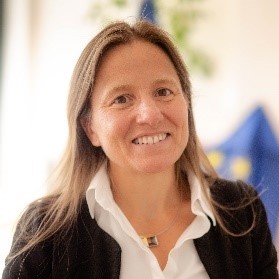
Cécile Huet
DG Connect, European Commission
Head of unit Robotics and Artificial Intelligence Innovation and Excellence
Bio & Research Focus
Cécile Huet is Head of the Unit “Robotics and Artificial Intelligence Innovation and Excellence” at the European Commission. This unit funds and assists beneficial robotics and AI developments within Europe. Under Horizon Europe, the unit launched the Public-Private Partnership on AI, Data and Robotics This unit is also at the heart of the Coordinated Plan on Artificial Intelligence, and the European ‘ecosystem of excellence’ in AI. Cécile joined the unit since its creation in 2004. Previously, she worked for the industry in signal processing after a post-doc at the University of California Santa Barbara and a PhD at University of Nice Sophia Antipolis, France. In 2015, she has been selected as one of the “25 women in robotics you need to know about”.
Title & Abstract
Strengthening the European AI Ecosystem of Excellence
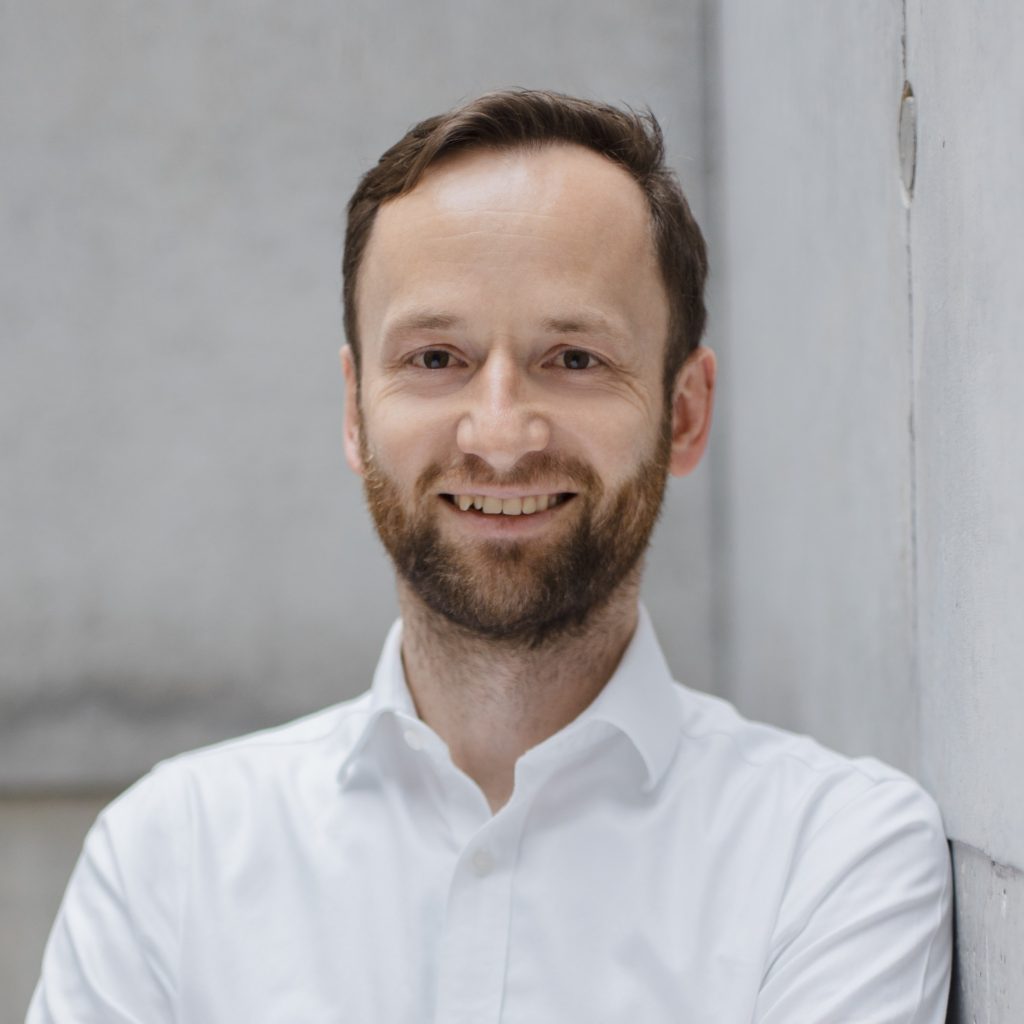
Lukáš Kačena
prg.ai
Bio & Research Focus
An experienced consultant specializing in public administration focused on strategic management and planning, analysis, as well as research, development and innovation policy. Since April 2022 in the role of prg.ai Managing Director, with the aim to transform Prague into a significant European AI hub.

Alžběta Krausová
Institute of State and Law of the CAS

Jan Křetínský
Technical University of Munich
Bio & Research Focus
After graduating from universities in Munich in 2013 and in Brno in 2014, Jan was a research fellow at IST Austria and since 2015 a professor at the Technical University of Munich. His main focus is basic research in verification, control and explainability of complex systems. Since 2013 he has been advocating and pioneering the use of AI and ML in verification. Recently, industrial projects brought his attention also to verification of AI-based systems.
Title & Abstract
AI and verification
With computer systems becoming ever more pervasive, their proper functioning is critical to human safety in many situations and must be assured with reliable guarantees, which is the task of verification. Recently, on the one hand, verification is profiting from advances in AI like many other disciplines; on the other hand, verification also has a lot to offer to AI. Indeed, with many systems being controlled by AI, doubts about the reliability, safety, fairness etc. arise even more visibly than for systems controlled by traditional software. While clearing these doubts is a classical task for verification, the new AI setting presents a great challenge.

Jana Havlíková
Deputy Minister of Science, Research and Innovation of the Czech Republic

Christophe Leroux
CEA
Bio & Research Focus
Christophe Leroux received a PhD degree in Decision Theory from Sorbonne University in Paris in 1990. She is a senior researcher in AI for robotics. He is currently a Manager of European Affairs at the LIST institute from CEA Paris-Saclay. He is in particular in charge of the development of Smart Manufacturing activities. He represents CEA in research and innovation projects on AI and robotics in different sectors of activity. He coordinates the European project RIMA aiming at the creation of a network of Digital Innovation Hubs for Inspection and Maintenance of Infrastructures. He is involved in other creation of Digital Innovation Hubs networks in Healthcare and Manufacturing to favour uptake of AI and robotics technologies by the European Industry. He is a member of the Board of Directors of the euRobotics association where he represents CEA. euRobotics gathers robotics industry and research organizations. euRobotics provides support to the ADRA association and the European Commission in close collaboration with the AI and Big Data associations. He is a scientific advisor of the APPROCHE. He is the author of several scientific papers and reports on human-robot interaction in International conferences journals and communications, on ethical, legal and socio-economic issues in robotics and on support for innovation in robotics.

Jan Lipavský
Ministry of Foreign Affairs of the Czech Republic
Bio & Research Focus
Nicolas Mansard is a researcher at LAAS-CNRS in the Gepetto team. He is working with humanoid robots and other complex machines with legs and arms, that he would very much like to see evolve in the real world. For that, he and his team are developing transversal methodologies, hybridizing advanced numerical optimization with off-line motion learning, to produce successful experiments on real robots. He is the coordinator of the EU project “Memory of Motion” project which is just about to finish, and of the EU project “Agimus” in collaboration with CTU-Prague, INRIA-Paris, PAL-Robotics, Airbus and several other industrial partners.
Title & Abstract
Learning and optimizing dynamic robot movements with whole-body predictive control and memory of motion

Jakub Mareček
Czech Technical University, FEE
Bio & Research Focus
Jakub Marecek received a PhD degree in computer science from the University of Nottingham, Nottingham, U.K., in 2012. He has been a faculty member at the Czech Technical University in Prague, the Czech Republic, since 2020. Previously, he had also worked in two start-ups, at ARM Ltd., at the University of Edinburgh, at the University of Toronto, at IBM Research – Ireland, and at the University of California, Los Angeles. His research interests include the design and analysis of algorithms for optimisation and control problems across a range of application domains. He has co-authored more than 17 journals and 40 conference papers. He is a co-inventor on 9 families of awarded U.S. patents and several pending patent applications. Dr Marecek has been a member of the Mathematical Optimization Society since 2009. He has received a variety of awards for his work, including IBM’s Outstanding Technical Achievement Award, in 2019, and the ITS Ireland’s 5th Annual Award for Outstanding Public Project, in 2016.
Title & Abstract
Human-Compatible Artificial Intelligence with Guarantees
In machine learning and artificial intelligence (AI), training data often capture the behaviour of multiple subgroups of some underlying human population. Recent regulations in both Europe and the US stipulate a number of requirements on the use of AI in such applications, which are centred on the notions of equal treatment and equal impact. In this talk, we will introduce the regulation, illustrate our work towards implementing the rather abstract notions, and briefly mention further work planned along these directions within Horizon Europe project “Human-Compatible Artificial Intelligence with Guarantees” (project id 101070568).
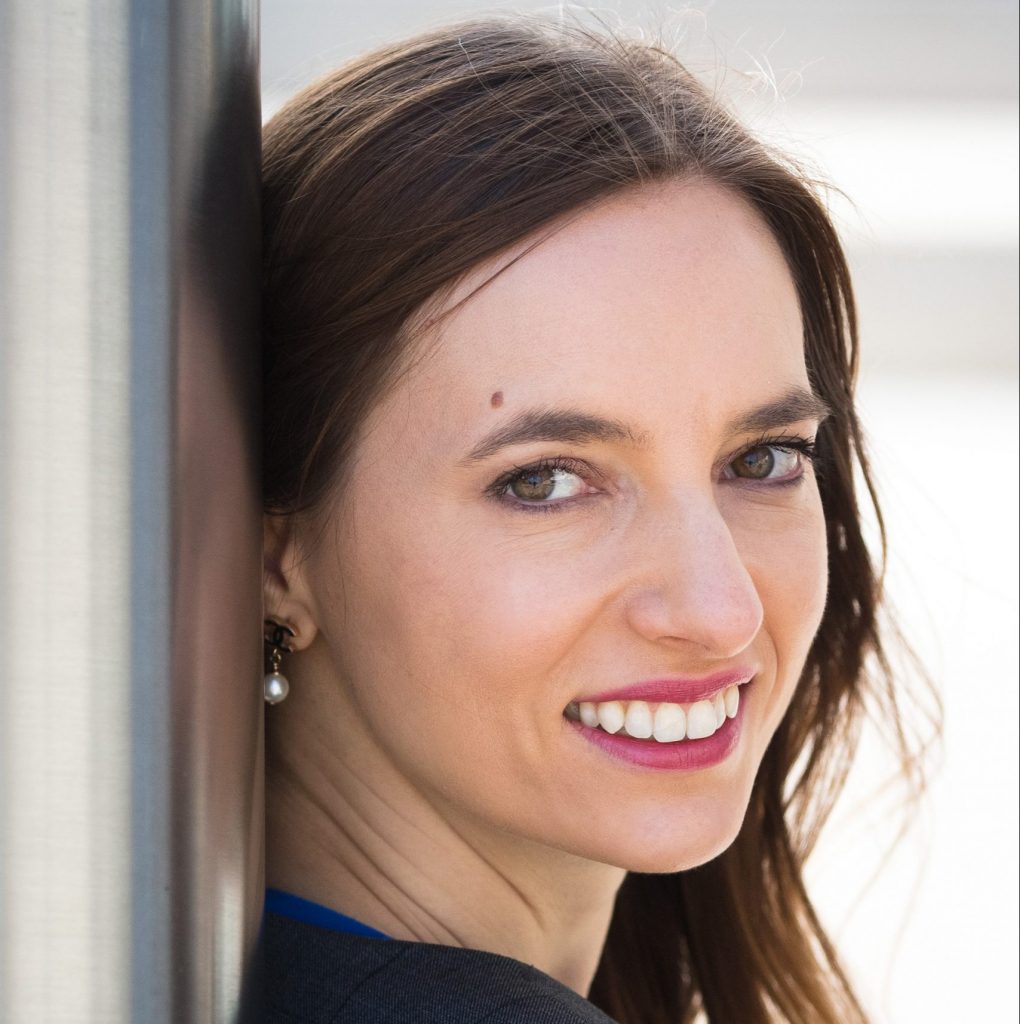
Monika Mareková
Charles University,
Faculty of Law
Bio & Research Focus
Monika Mareková is a law graduate of Masaryk University in Brno, Czech Republic and the University of Oxford, Lincoln College. She also studied law at the University of Fribourg and Laurentian University in Sudbury, Canada and human rights at the UN Graduate Study Programme in Geneva. She is a Ph.D. student at the Charles University in Prague, an attorney-at-law with her own practice and a board member of Amnesty International Czech Republic. She is also a member of the Karel Čapek Centre for Values in Science and Technology. Previously, she worked at the Czech Academy of Sciences in the project examining the liability for damage caused by operation of autonomous vehicles. She is also an experienced legal advisor in the technology, IP and privacy.
Title & Abstract
Artificial Intelligence and Bias
Artificial intelligence is widely seen as a fair and neutral technology that can ensure equality and fairer decision-making. However, even artificial intelligence can be influenced by prejudices and distorted perception – by the bias. However, this bias in AI can have more far-reaching effects than bias in individuals. While individuals may be influenced by various prejudices such as skin colour or gender when they first meet a person, they have the opportunity to be aware of these prejudices when making decisions and make non-discriminatory decisions. In the event that individual biases enter the decision-making process of artificial-intelligent systems, it can be very difficult to detect them and at the same time correct them. The lecture will shed light on the fact that artificial intelligence can sometimes take over the biases of its developer, but other times it does not have to be programmed in a discriminatory way. The data from which the AI learns can be distorted, and therefore it is very important to put more emphasis on the data from which the AI systems learn, so as not to reproduce the inequalities and discrimination of the current real environment. Based on the use of artificial intelligence, new systems and a new society are being created, which could get rid of the prejudices of the past and begin to perceive people equally.

Petr Očko
Deputy Minister, Czech Ministry of Industry and Trade
Bio & Research Focus
Title & Abstract
Bio & Research Focus
Professor Emil Pelikán received the professor´s degree from the Czech Technical University, Prague in 2012.
Emil Pelikán is the author of more than 160 scientific papers on time series analysis, artificial neural networks, modeling of complex processes and predictive methods published in international journals and presented at international conferences. He also presented a series of invited lectures at universities in the United States, Great Britain, Switzerland, Portugal and Brazil.
As head of the Department of Nonlinear Modeling at the Institute of Computer Science, he directly managed expert teams dealing with modeling and prediction complex processes with impacts in a number of application areas. Prof. Pelikan was a principal investigator of more than a dozen grant projects supported by the EU, GA ČR, the Ministry of Industry, the Ministry of the Environment and applied projects supported by the Czech Hydrometeorological Institute, the Moravian-Silesian Region, ČEZ, RWE etc. He became Director of the Institute of Computer Science of the Czech Academy of Sciences in 2017.
Title & Abstract
Chair: Ethics and Social Impact
Bio & Research Focus
Patrick Pérez is Valeo’s VP of AI and Scientific Director of valeo.ai, an AI research lab focused on Valeo automotive applications, self-driving cars in particular. Before joining Valeo, Patrick Pérez was a researcher at Technicolor (2009-2018), Inria (1993-2000, 2004-2009) and Microsoft Research Cambridge (2000-2004). His research interests include multimodal scene understanding and computational imaging.
Title & Abstract
Safer driving AI with limited supervision
Bio & Research Focus
His research interests span machine learning from an applied mathematics viewpoint. He is PI of the ERC starting grant REAL–Reliable and cost-effective large-scale machine learning (1.5 million e, 2021–2026). The goal of REAL is to lay the foundations of a solid theoretical and algorithmic framework for reliable and cost-effective large-scale machine learning on modern computational architectures, extending the classical supervised learning framework to provide algorithms with two additional guarantees in terms of the reliability of the predictions and the cost-effectiveness of the computation.
Title & Abstract
Representing non-negative functions, with applications to non-convex optimization and beyond
Many problems in applied mathematics admit a natural representation in terms of non-negative functions, e.g. probability representation and inference, optimal transport, optimal control, and non-convex optimization, to name a few. While linear models are well suited to represent functions with output in R or C, being at the same time very expressive and flexible, the situation is different for the case of non-negative functions where the existing models lack one of these good properties.
In this talk we present a model for non-negative functions that promise to bring to these problems, the same benefits that linear models brought to interpolation, approximation, quadrature and supervised learning, leading to a new class of adaptive algorithms with provably fast convergence.
In particular, we will show direct applications in numerical methods for probability representation and non-convex optimization. We will see more in detail that the model allows deriving an algorithm for non-convex optimization that is adaptive to the degree of differentiability of the objective function and achieves optimal rates of convergence. Finally, we show how to apply the same technique to other interesting problems in applied mathematics that can be easily expressed in terms of inequalities.
Bio & Research Focus
Benoît Sagot, Directeur de Recherches (Senior Researcher) at Inria, is the head of the Inria project-team ALMAnaCH in Paris, France. A specialist in natural language processing (NLP) and computational linguistics, his research focuses on language modelling, language resource development, machine translation, text simplification, part-of-speech tagging and parsing, computational morphology and, more recently, digital humanities (computational historical linguistics and historical language processing). He has been the PI or co-PI of a number of national and international projects and is the holder of a chair in the PRAIRIE institute dedicated to research in artificial intelligence. He is also the co-founder of two start-ups where he uses his expertise in NLP and data mining for the automatic analysis of employee survey results.
Title & Abstract
Large-scale language models and their training corpora
Large-scale language models have received a lot of attention in the last few years, both because of how they allow improving the state of the art in most natural language processing (NLP) tasks and because of the scale of computational resources and training data they require to be trained. Collecting such training data is a highly non-trivial task and has a significant impact on the behaviour of the models trained on it, depending for instance on the data’s homogeneity and size. Moreover, the way such data is fed to the neural architecture, namely the way it is tokenised, also has an impact, especially in multilingual settings. In this talk, I will speak about how we developed the large-scale multilingual OSCAR corpus. I will describe the lessons we learned while training the French language model CamemBERT, the first large-scale monolingual model for a language other than English, in terms of the influence of size and heterogeneity of the training corpus. I will also sketch out a few research questions related to biases in large-scale language models, with a focus on the impact of tokenisation. I will conclude with my thoughts on the future of language models and their impact on NLP and other data processing fields (speech, vision).
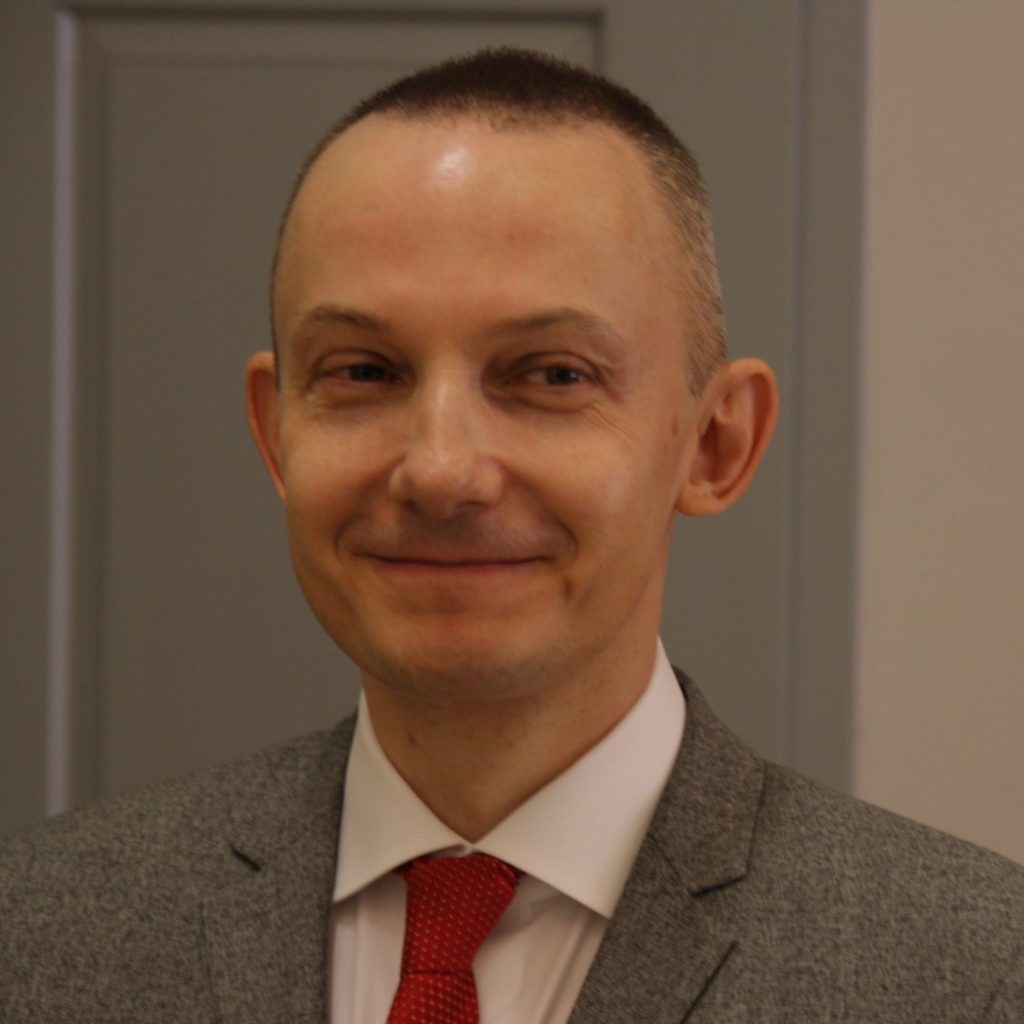
Tomáš Hříbek
Institute of Philosophy of the Czech Academy of Sciences
Bio & Research Focus
Dr. Tomáš Hříbek is a philosopher. He chairs the Department of Applied Philosophy & Ethics at the Institute of Philosophy of the Czech Academy of Science, and is a founding member of the Karel Čapek Center for Values in Science & Technology. He has published primarily in philosophy of mind and applied ethics. More recently, he has branched into philosophy of technology, primarily the ethics of emerging technologies.
Title & Abstract
The Political Status of Artificial Intelligence
Philosophers of technology seem to have reached a consensus that AI, like other technologies, is neither ethically nor politically neutral. That is, AI is not a mere neutral tool to be used in various ways, but it has its own ethical and political import, and possibly even a status. This brief presentation will explore several different interpretations of this claim that have emerged in recent discussions.
Bio & Research Focus
Cordelia Schmid holds a M.S. degree in Computer Science from the University of Karlsruhe and a Doctorate in Computer Science, from the Institut National Polytechnique de Grenoble (INPG). Her doctoral thesis received the best thesis award from INPG in 1996. She received the Habilitation degree in 2001 for her thesis. She was a post-doctoral research assistant in the Robotics Research Group of Oxford University from 1996-97. Since 1997 she has held a permanent research director position at Inria. She is a member of the German National Academy of Sciences, Leopoldina and a fellow of IEEE and the ELLIS society. She was awarded the Longuet-Higgins prize in 2006, 2014 and 2016 and the Koenderink prize in 2018 for fundamental contributions to computer vision that have withstood the test of time. She received an ERC advanced grant in 2013, the Humbolt research award in 2015, the Inria & French Academy of Science Grand Prix in 2016, the Royal Society Milner award in 2020 and the PAMI distinguished researcher award in 2021. She has been an Associate Editor for IEEE PAMI (2001-05) and for IJCV (2004-12), editor-in-chief for IJCV (2013-18), a program chair of IEEE CVPR 2005 and ECCV 2012 as well as a general chair of IEEE CVPR 2015, ECCV 2020 and ICCV 2023. Starting 2018 she holds a joint appointment with Google research.
Title & Abstract
Do you see what I see? Large-scale learning from multimodal videos
This talk presents recent progress on large-scale learning of multimodal video representations. We start by showing VideoBert, a joint model for video and language, repurposing the Bert model for multimodal data. This model achieves state-of-the-art results on zero-shot prediction and video captioning. Next, we present an approach for video question answering which relies on training from instruction videos and cross-modal supervision with a textual question-answer module. We show state-of-the-art results for video question answering without supervision (zero-shot VQA) and demonstrate that our approach obtains competitive results for pre-training and then fine-tuning on video question answering datasets. We conclude our talk by presenting the recent VideoCC dataset, which transfers image captions to video and allows obtaining state-of-the-art performance for zero-shot video and audio retrieval and video captioning.
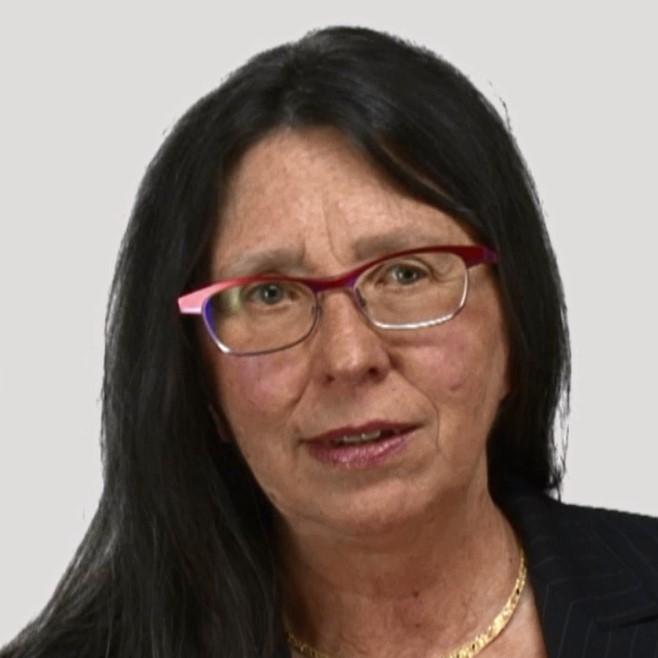
Françoise Soulié-Fogelman
Hub France IA
Bio & Research Focus
Françoise Soulié Fogelman has over 40 years’ experience in AI (neural networks), machine learning, social network analysis and big data both in academia and industry. A former graduate from École Normale Supérieure, she holds a PhD from University of Grenoble. She was Professor at the University of Paris 11-Orsay, where she was advisor to 20 PhDs (neural networks, deep learning). She then funded a startup (Mimetics to develop a neural-network based OCR product) to later join Atos (as head of a data mining – data warehouse group) and Business & Decision (as Partner) where she created and headed the CRM business unit. At KXEN, she was Vice President Innovation until the company was bought out by SAP. She then joined the School of Computer Software at Tianjin University (China), where she was a professor, head of the Data Science team. She is now Scientific Advisor for Hub France IA. She has co-authored more than 150 scientific publications and 13 books. She is/has been an expert for the European Commission, ANR (French National Research Agency), French Competitivity cluster Cap Digital and CCF Big Data Task Force (China). She is a founding member and member of the board of Hub France IA (read AI). She was a member of the AI High Level Experts group for the European Commission and is co-chair of the working group “innovation & commercialization” for the GPAI (Global Partnership on AI).
Title & Abstract
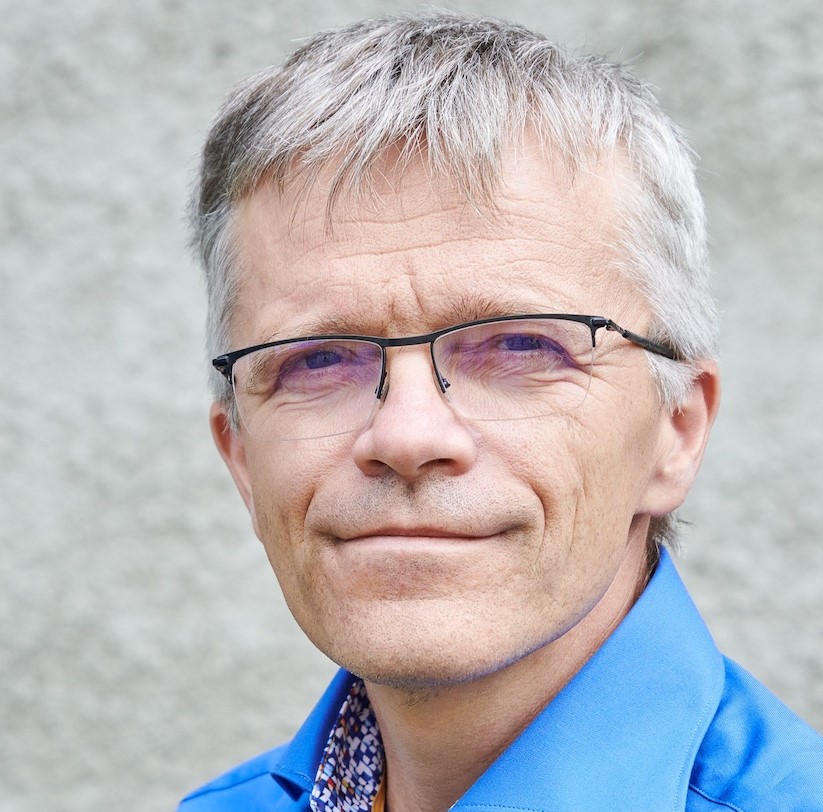
Tomáš Svoboda
Czech Technical University in Prague, Faculty of Electrical Engineering
Dept. of Cybernetics
Bio & Research Focus
Tomáš Svoboda is a professor at the Czech Technical University in Prague and Chair of the Department of Cybernetics. Before joining the department in 2003, he spent three postdoctoral years with the Computer Vision Group at ETH Zurich, Switzerland. He serves as the Director of the PhD program in Cybernetics and Robotics. He has published papers on multi-camera systems, omnidirectional cameras, image-based retrieval, learnable detection methods, robot learning, and USAR robotics; He led the successful CTU-CRAS-NORLAB multi-robot team at the DARPA SubTerranean Challenge (2018-2021). His recent research interests include multimodal perception for autonomous systems, object detection, and related applications in autonomous systems including automotive.
Title & Abstract
Robots go deep – multi-robot missions in unknown underground
I will discuss key components of the system that successfully participated in the robotic DARPA SubTerranean Challenge. The multi-robot team was deployed in several unknown underground environments. The goal was to find and localize as many objects of interest as possible. The robots had to do 3D mapping, exploration, planning, object detection, terrain negotiation, fly in confined spaces and coordinate their effort.
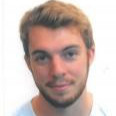
Fabien Le Voyer
Deputy to the French national coordinator on AI
Bio & Research Focus
Specialized in European affairs, Fabien Le Voyer has been working since 2016 at the General Directorate of Enterprises of the Ministry of Economy, Finance and Recovery, first on the European industrial and digital policy, then as a project manager in charge of the deployment of the economic part of the national strategy on artificial intelligence. Since January 2022, he has been deputy national coordinator of this strategy. The national coordinator’s mission is to coordinate all public action on artificial intelligence (economy, research, training, public administration). Fabien Le Voyer also holds a University Diploma in Artificial Intelligence and Machine Learning from the Sorbonne Centre for Artificial Intelligence (SCAI).
Title & Abstract
3 top priorities of the French AI Strategy: increasing and diversify talents, embedded & frugal AI, trustworthy AI

Jiří Wiedermann
Institute of Computer Science of the Czech Academy of Sciences
Bio & Research Focus
Jiří Wiedermann belongs to the first generation of computer scientists graduating from former Czechoslovakia. He has worked in informatics since the beginning of his scientific carrier in the 70′. His recent research interests are in the theory of artificial intelligence (machine consciousness). By his invited talks, publications and activities in the organization of important European (Mathematical Foundations Of Computer Science – MFCS, International Colloquium on Algorithms and Languages – ICALP) and national computer science conferences (Software Seminar – SOFSEM) he contributed to the development of informatics both at national and international level. In the 90′ he acted as the vice-president of the European Association for Theoretical Computer Science (EATCS). Between 2000 and 2012 he served as the director of the Institute of Computer Science of the Czech Academy of Sciences (CAS), at present he is a member of the Scientific Council of CAS. Professor Wiedermann was a member of the board of directors of ERCIM (European Research Consortium in Informatics and Mathematics) (1997-2010) and is a member of Academia Europaea (London) and of the Czech Learned Society (Prague).
Title & Abstract
Machine consciousness: the road to better AI (in partnership with David Černý)
Current research into AI aligned with human rights and values focuses on the notion of trustworthy AI (T-AI). Alas, considerably less attention has been paid to machine consciousness, which we consider an essential component of the concept of T-AI. It requires that T-AI be fully aware of both the states of its parts and the surrounding environment. We present the main results of our research on machine consciousness with its ethical presuppositions and implications and show that endowing AI-based systems with machine consciousness demonstrably leads to more trustworthy and safer AI. We believe that machine consciousness represents a crucial step toward achieving the goal of developing human-centered AI.
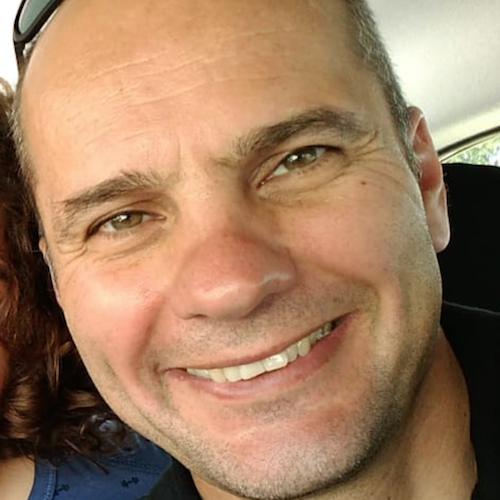
Christian Wolf
Naver Labs Europe
Bio & Research Focus
Christian WOLF is Principal Scientist at Naver Labs Europe. He is interested in AI for Robotics, in particular machine learning and embodied computer vision; large-scale learning of the capacity to perform high-level reasoning from visual observations, and more recently the connections between machine learning and control. He is a member of the directing committee of GDR ISIS and co-leader of it’s topic “Machine Learning”; member of the scientific committee of GDR IA; member of the board of AI experts at the French national supercomputing cluster GENCI; member of evaluation ANR committee “Artificial Intelligence” from 2019-2021. He has supervised 15 defended PhD theses, is an associate editor of IEEE-Transactions on PAMI and area chair of CVPR 2020, NeurIPS 2020, ICLR 2021, ICCV 2021, ICML 2021, NeurIPS 2021, ICML 2022, ECCV 2022. From 2005 to 2021 he was associate professor (Maître de Conférences, HDR) at INSA de Lyon and LIRIS, a CNRS laboratory, where he was also the head of the AI chair/chair in Artificial Intelligence. He received his MSc in computer science from TU Vienna, Austria, in 2000, and a PhD in computer science from INSA de Lyon, France, in 2003. In 2012 he obtained the habilitation diploma, also from INSA de Lyon.
Title & Abstract
Learning representations for visual navigation in 3D environments
In this talk we address perception and navigation problems in robotics settings, in particular mobile terrestrial robots and intelligent vehicles acting in 3D environments from visual input. We focus on learning representations, which are structured and allow to reason on a high level on the presents of objects and actors in a scene and to take planification and control decisions. In particular, we compare different ways to design inductive biases for deep reinforcement learning: neural metric maps, neural topological maps, and neural implicit representations.
Bio & Research Focus
François Yvon is a senior CNRS researcher at the LISN (formerly LIMSI) laboratory of Université Paris Saclay in Orsay, France. F. Yvon has been leading activities in Machine Translation at LISN for about 15 years, resulting in more than one hundred scientific publications on all aspects related to the development and evaluation of multilingual language processing technologies, from word and sentence alignment to translation modelling and evaluation, including recent work on multi-domain adaptation in MT and on cross-lingual transfert learning issues. He has acted as coordinator or PI in multiple past national and international projects in MT such as Quaero or H2020/QT21 and has supervised more than 15 PhDs on MT related topics. Between 2013 and 2020, Dr. Yvon has also been the general director of the LIMSI laboratory. He is a board member of the European chapter of the Association for Computational Linguistics, of the MetaNet network, and has recently contributed as an expert on linguistic technologies for the French language to several European projects (European Language Resource Collection, ELE – European Language Equality, ELG – European Language Grid).
Title & Abstract
How multilingual are Large Multilingual Language Models ?
The recent developments of very large language models (LLMs) has suggested that, when trained with a mixed language set of data, these models could learn multilingual representations useful in transfert learning scenarios, and could also perform multilingual natural language processing task, such as Machine Translation. In this talk I will discuss and may be challenge the multilingual capacities of these large LMs, based on a serie of experiments performed with openly accessible versions of these models, such as mBart, mT5, mGPT and BLOOM.
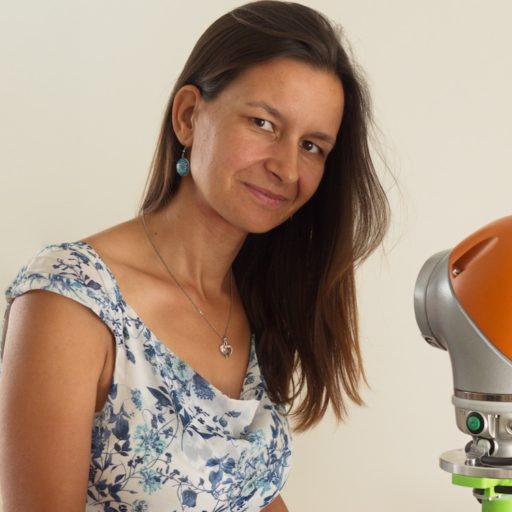
Karla Štěpánová
CIIRC CTU
Bio & Research Focus
Karla Stepanova is a researcher and a team leader at the Czech Institute of Informatics, Robotics, and Cybernetics in Prague (CIIRC CTU). She received her PhD degree in Artificial Intelligence and Biocybernetics at FEE CTU in Prague, in 2017. She spent 6 months at Plymouth University in Angelo Cangelosi’s lab working with the iCub robot and currently is focused on building Imitation Learning Centre at CIIRC CTU. Her research interests are probabilistic models of cognition, unsupervised learning, multimodal integration, language acquisition, symbol grounding, and learning by demonstration.
Personal webpage: http://karlastepanova.cz/
Team webpage: http://imitrob.ciirc.cvut.cz
Title & Abstract
Verbal and non-verbal communication with robots to teach them new skills
Modern robotics has long been trying to find alternatives to the traditional pre-programming of robots, which would enable more intuitive and natural communication between the user and the robot as well as easier and quicker teaching of new tasks. This has been made possible thanks to massive advances in machine learning in recent years. In this talk, we will explore how we can transfer knowledge to robots via language and non-verbal communication such as gestures or demonstrations. In particular, I will describe how individual gestures and linguistic instructions can be mapped to the robot’s movement, discuss different methods to represent the dynamic movement of the human hand as well as a robotic arm, and finally, I will show how to combine various sources of information when teaching a robot a given task.

Isabelle Ryl
Director, Paris Artificial Intelligence Research Institute
Bio & Research Focus
Isabelle Ryl is a professor at the University of Lille. From September 2010 to March 2018, she was director of the Paris Inria research centre, whose researchers works in computer science and applied mathematics. She is also interested in the link between research and innovation and was acting Deputy CEO for Transfer and Industry Partnerships at Inria from March 2018 to September 2018. She was vice-president of Cap Digital (French centre of excellence digital content and services) from 2014 to 2019 and has been a member of the Board of Directors of the Agoranov incubator since 2011 and of the Innovation Council (interministerial council in charge of defining the orientations and priorities of the innovation policy) from June 2018 to January 2021. She is currently director of the PRAIRIE (PaRis Artificial Intelligence Research InstitutE) which is one of the four institutes launched as part of the French national strategy for artificial intelligence.
Title & Abstract
PRAIRIE, a French interdisciplinary artificial intelligence institute
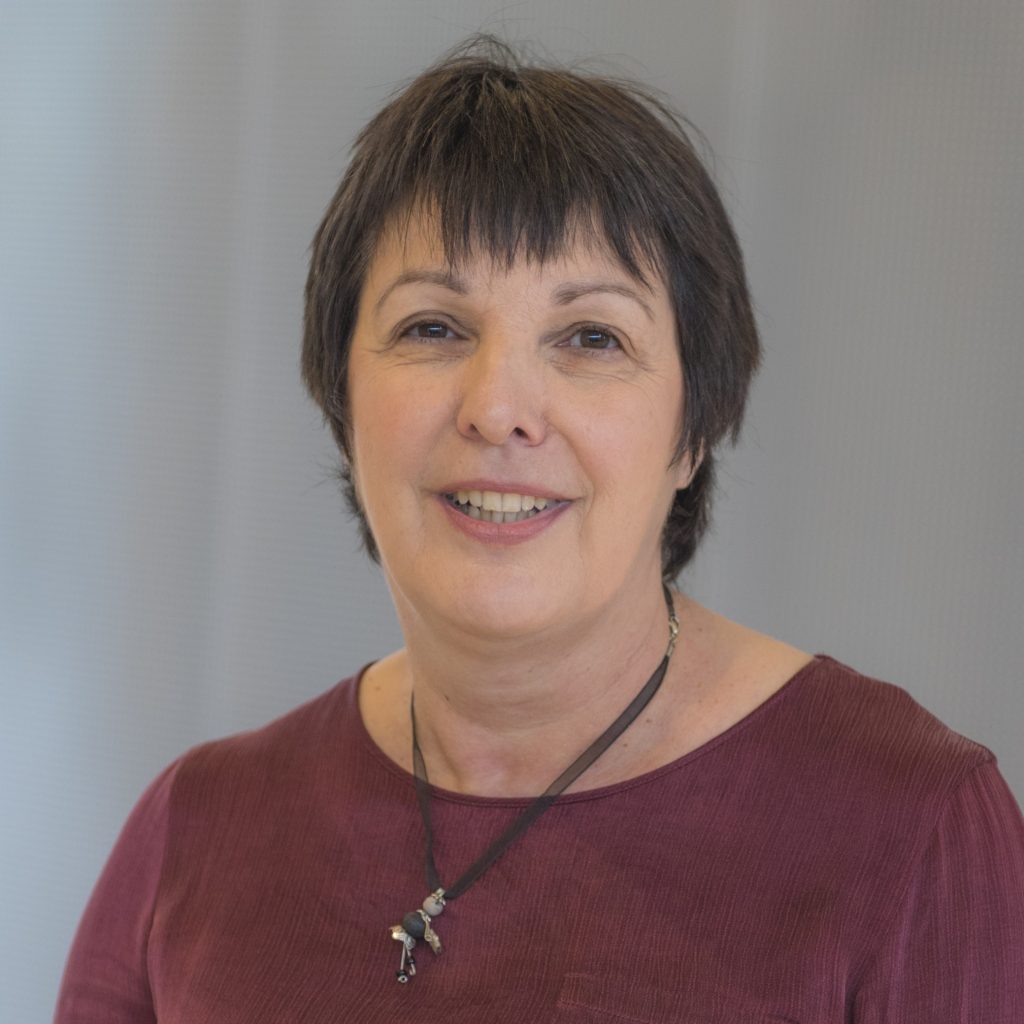

Isabelle Herlin
Coordinator of the national research programme on AI, INRIA
Bio & Research Focus
Isabelle Herlin is a former student of the Ecole Normale Supérieure de Sèvres. She holds a PhD in computer science and the Habilitation to Supervise Research (HDR) in mathematics from University Paris 6. Isabelle Herlin began her career as a research professor at University Paris 6 before being recruited as a research fellow at Inria. Research Director since 1996, Isabelle Herlin has successively created two Inria research teams, in image processing and data assimilation. Isabelle Herlin is coordinator of the National AI Research Program and director of the Paris center of expertise of the Global Partnership in Artificial Intelligence (GPAI). This center of expertise supports two working groups on the future of work and Innovation and Commercialization.
Title & Abstract
The French research programme in AI


Josef Šivic
Distinguished researcher at Czech Institute of Informatics, Robotics and Cybernetics at Czech Technical University, Chairman of AI Czechia, Director of ELLIS Unit Prague and Member of the ELLIS Board
Bio & Research Focus
Josef Sivic holds a distinguished researcher position at the Czech Institute of Robotics, Informatics and Cybernetics at the Czech Technical University in Prague where he heads the Intelligent Machine Perception project and the ELLIS Unit Prague. He is currently on leave from a senior researcher position at Inria Paris where he remains a close external collaborator of the Willow team. He received a habilitation degree from Ecole Normale Superieure in Paris in 2014 and PhD from the University of Oxford in 2006. After the PhD, he was a post-doctoral associate at the Computer Science and Artificial Intelligence Laboratory at the Massachusetts Institute of Technology. He received the British Machine Vision Association Sullivan Thesis Prize, three test-of-time awards at major computer vision conferences, and an ERC Starting Grant.
Title & Abstract
Day 1:
Czech AI research, impact and the European perspective
Day 2:
Learning embodied perception from instructional videos
Organising committee
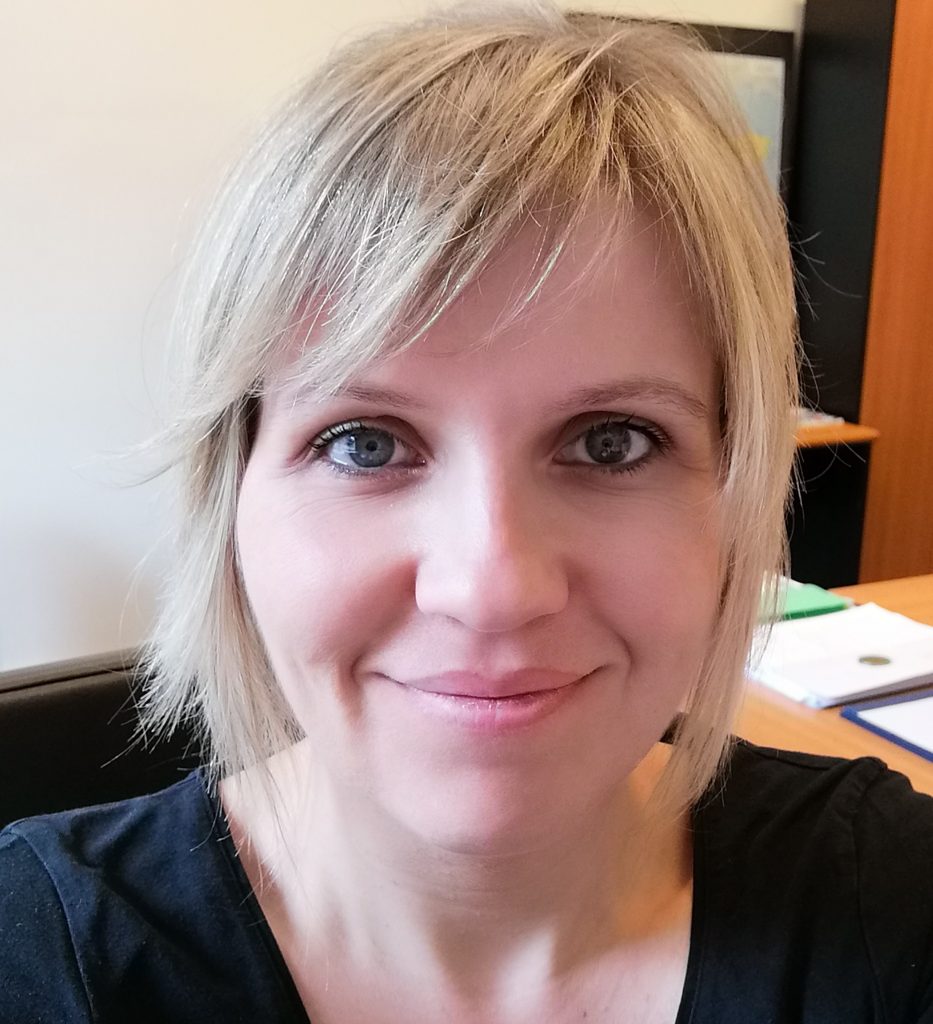

Véronique Debord-Lazaro
Scientific and Higher Education Attachée, French Embassy in the Czech Republic
Bio & Research Focus
Ms Debord-Lazaro graduated from the Institute of Political Science in Bordeaux and later earned a master’s degree in geography from the University of Poitiers. She worked for many years at French universities in the field of international affairs and European projects; prior to joining the French Embassy in the Czech Republic as a science attaché, she was director of the international office of the University of Bordeaux for several years. In her current capacity, she supports Czech-French cooperation in education and research, in particular thanks to several support programmes (visit the IFP website).
Title & Abstract
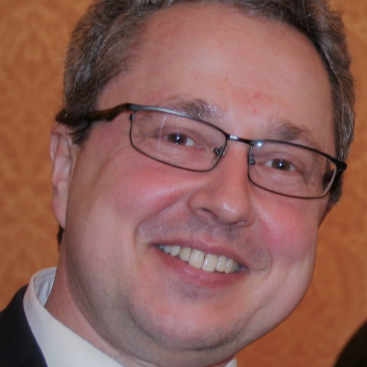
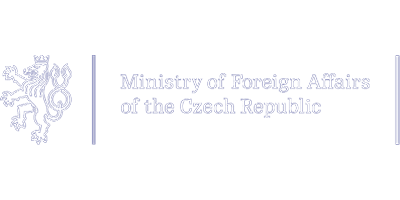
Petr Kaiser
Special Envoy for Science Diplomacy, Ministry of Foreign Affairs of the Czech Republic
Bio & Research Focus
As a career diplomat with many years of experience, Mr. Kaiser has been dealing with scientific diplomacy. For many years, he was involved in multilateral diplomacy such as a mission to the UN in New York in the position of Deputy Permanent Representative and previously a mission to international organizations based in Vienna. He also worked at the National Gallery in Prague as an executive director and director of the science section. In the early 1990s, Mr. Kaiser worked as a researcher at the Academy of Sciences of the Czech Republic.
Title & Abstract
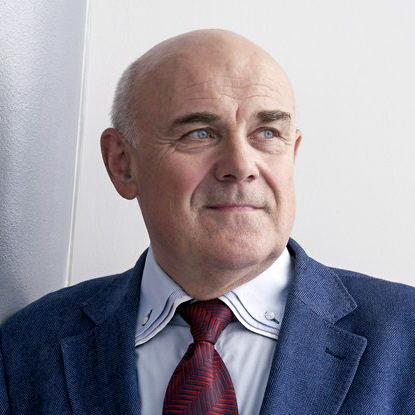

Prof. Vladimír Mařík
Founder and Scientific Director of the CIIRC CTU
Bio & Research Focus
Prof. Vladimíř Mařík acted as the managing director of the Rockwell Automation Research Center, Prague and also the Head of the Department of Cybernetics at CTU in 1999-2013 and a founder and Scientific Director of the CIIRC of the CTU in Prague. He has been a member of the R&D&I Council of the CZ (2011-15 and 2018-). He is co-author of the National Initiative for Industry 4.0 of the CZ and a Board member of AICZECHIA. He is co-author, principal investigator and coordinator of RICAIP. He acted as coordinator of the National Competence Centre on Cybernetics and AI (TA CR, EUR 8M). He acted as Editor-in-chief of IEEE SMC Part C (2005-13), Board member of IEEE SMC (2005 to present), has received the IEEE SMC Outstanding Contribution Award (2012) and has been Vice-president of IEEE SMC (2013-).
Title & Abstract


Josef Šivic
Distinguished researcher at Czech Institute of Informatics, Robotics and Cybernetics at Czech Technical University, Chairman of AI Czechia, Director of ELLIS Unit Prague and Member of the ELLIS Board
Bio & Research Focus
Josef Sivic holds a distinguished researcher position at the Czech Institute of Robotics, Informatics and Cybernetics at the Czech Technical University in Prague where he heads the Intelligent Machine Perception project and the ELLIS Unit Prague. He is currently on leave from a senior researcher position at Inria Paris where he remains a close external collaborator of the Willow team. He received a habilitation degree from Ecole Normale Superieure in Paris in 2014 and PhD from the University of Oxford in 2006. After the PhD, he was a post-doctoral associate at the Computer Science and Artificial Intelligence Laboratory at the Massachusetts Institute of Technology. He received the British Machine Vision Association Sullivan Thesis Prize, three test-of-time awards at major computer vision conferences, and an ERC Starting Grant.
Title & Abstract
Day 1:
Czech AI research, impact and the European perspective
Day 2:
Learning embodied perception from instructional videos


Isabelle Herlin
Coordinator of the national research programme on AI, INRIA
Bio & Research Focus
Isabelle Herlin is a former student of the Ecole Normale Supérieure de Sèvres. She holds a PhD in computer science and the Habilitation to Supervise Research (HDR) in mathematics from University Paris 6. Isabelle Herlin began her career as a research professor at University Paris 6 before being recruited as a research fellow at Inria. Research Director since 1996, Isabelle Herlin has successively created two Inria research teams, in image processing and data assimilation. Isabelle Herlin is coordinator of the National AI Research Program and director of the Paris center of expertise of the Global Partnership in Artificial Intelligence (GPAI). This center of expertise supports two working groups on the future of work and Innovation and Commercialization.
Title & Abstract
The French research programme in AI
Contact
If you have any questions about the organisational issues, program or participation, please do not hesitate to contact us.
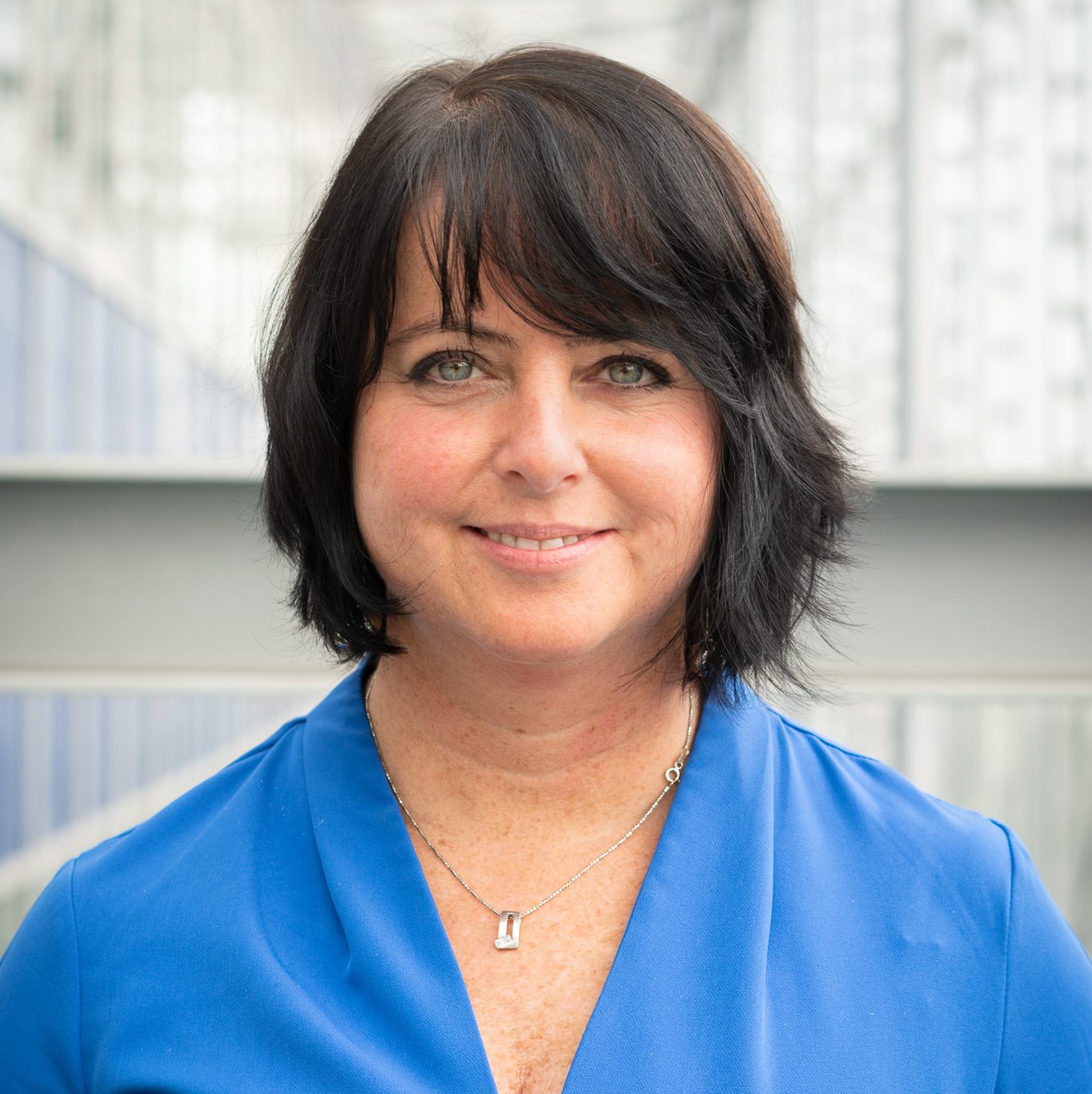
Eva Doležalová
Marketing Manager, CIIRC CTU eva.dolezalova@cvut.cz


